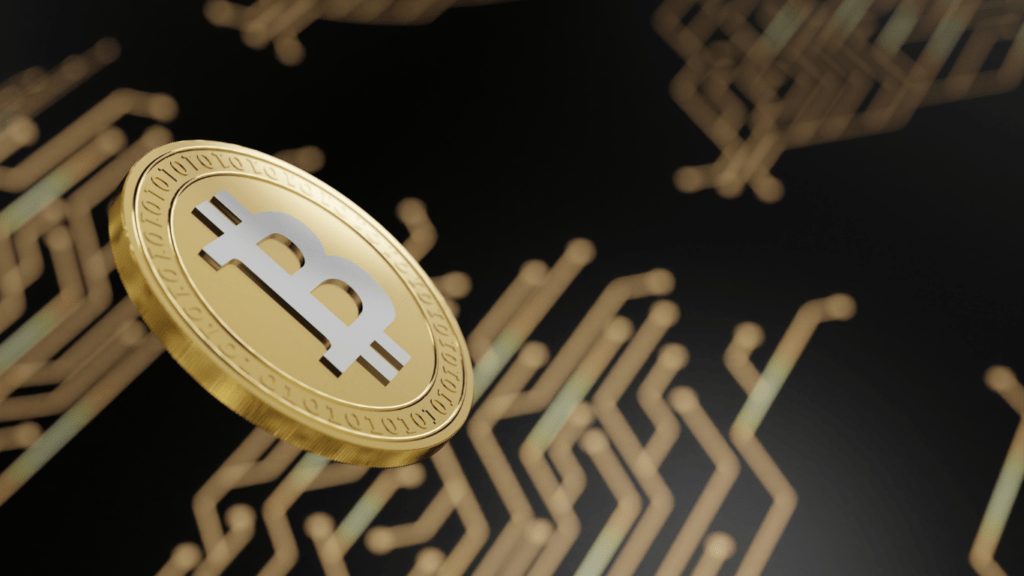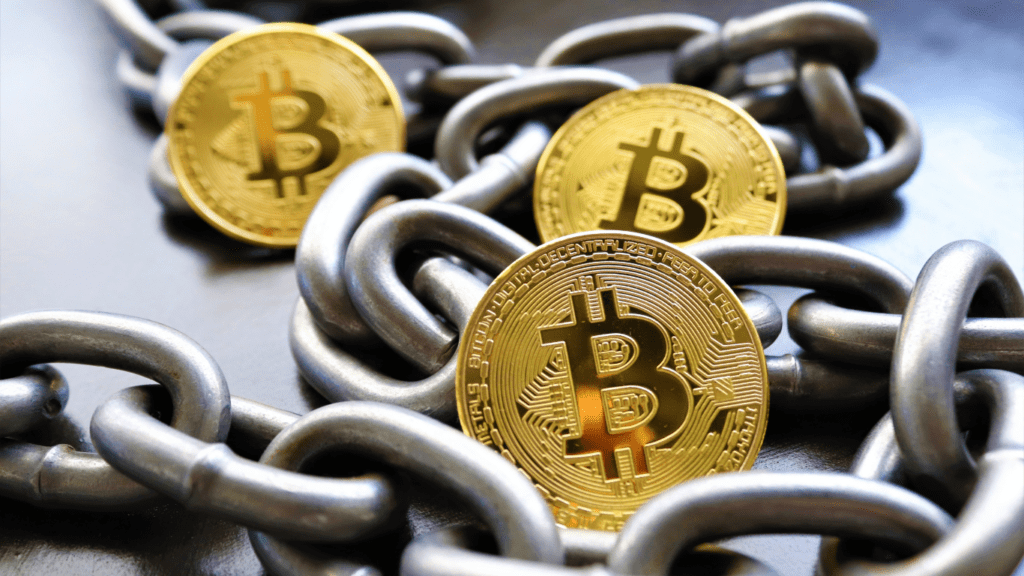As a seasoned blogger, I’ve witnessed the rapid evolution of technology in various industries. Today, I’m excited to delve into the realm where blockchain meets gaming, a fusion that’s revolutionizing the way we play and interact in virtual worlds. Blockchain technology, known for its decentralized and secure nature, is now making waves in the gaming sector, offering unprecedented opportunities for gamers, developers, and investors alike.
In this article, I’ll explore how blockchain is reshaping the gaming landscape, from enhancing in-game asset ownership to enabling seamless peer-to-peer transactions. Join me as we uncover the innovative ways in which blockchain is empowering gamers to truly own their virtual identities and assets, paving the way for a more immersive and transparent gaming experience. Let’s dive into the exciting world where technology and entertainment converge to create a new era of possibilities.
Understanding Blockchain Technology
Blockchain technology is at the forefront of transforming the gaming industry. Let me break down the key features of blockchain and explain how this innovative technology works in the context of gaming.
Key Features of Blockchain
- Decentralization
Blockchain operates on a decentralized network, eliminating the need for a central authority. This decentralization ensures greater security and transparency in gaming transactions. - Immutability
Once data is recorded on the blockchain, it cannot be altered or deleted. This feature ensures that in-game asset ownership is secure and cannot be manipulated. - Smart Contracts
Smart contracts are self-executing contracts with the terms directly written into code. In gaming, smart contracts enable automated transactions, eliminating the need for intermediaries. - Tokenization
Blockchain allows the tokenization of in-game assets, transforming virtual items into unique digital assets that players can truly own and trade.
How Blockchain Works
In simple terms, blockchain is a chain of blocks, where each block contains a list of transactions. These blocks are linked together through cryptography, forming a secure and transparent ledger.
When a player acquires an in-game asset using blockchain technology, the transaction is recorded on the blockchain, providing a secure and verifiable record of ownership. This transparency and security ensure that players have full control over their digital assets, enhancing the overall gaming experience.
Blockchain technology’s impact on the gaming industry is profound, revolutionizing how players interact with virtual worlds and assets. Through decentralization, immutability, smart contracts, and tokenization, blockchain is reshaping the gaming landscape and empowering players like never before.
Blockchain in Gaming: An Overview
Blockchain technology has emerged as a game-changer in the gaming industry, revolutionizing how in-game assets are owned and traded. Let me delve into how blockchain is transforming the gaming landscape in terms of asset ownership, transactions, and overall player experience.
The Emergence of Blockchain in Gaming

In recent years, blockchain has gained momentum in the gaming sector due to its potential to decentralize ownership of virtual assets. It enables players to have true ownership of their in-game items, removing the traditional limitations imposed by centralized gaming platforms. Blockchain technology ensures transparency and security in asset transactions, empowering gamers to trade assets seamlessly without the need for intermediaries.
Examples of Blockchain Games
Blockchain technology has already made its mark in the gaming world through innovative blockchain-based games. Titles like “CryptoKitties” and “Axie Infinity” have gained popularity for leveraging blockchain to create unique gaming experiences where players truly own their digital assets. These games use non-fungible tokens (NFTs) to represent in-game items, allowing players to trade, sell, and collect virtual assets securely on the blockchain.
By integrating blockchain technology, these games offer a glimpse into the future of gaming, where players have full control over their digital possessions and can engage in decentralized economies within gaming ecosystems. The emergence of blockchain games signals a shift towards player-centric experiences and highlights the transformative potential of blockchain in revolutionizing the gaming industry.
Advantages of Blockchain in Gaming
Blockchain technology offers several advantages in the gaming industry, enhancing transparency, security, ownership, and trading of in-game assets, as well as introducing new revenue models for developers and players. Let’s delve into the benefits of blockchain in gaming under the following subheadings:
- Transparency and Security
With blockchain, all transactions within games are transparently recorded on a decentralized ledger, ensuring that players can verify the authenticity and ownership of in-game assets. This transparency fosters trust among gamers as they can track the history of each item, eliminating the risk of fraud or duplication. Additionally, the immutability of blockchain protects these assets from tampering or unauthorized alterations, providing a secure environment for players to engage in virtual economies. - Ownership and Trading of In-Game Assets
One of the revolutionary aspects of blockchain in gaming is the concept of true ownership of in-game assets. By leveraging blockchain technology, players have complete control over their virtual items, independent of game publishers or developers. This ownership enables seamless peer-to-peer trading of assets, allowing gamers to monetize their skills and investments within the gaming ecosystem. Smart contracts facilitate secure and automated transactions, ensuring a fair exchange of assets without the need for intermediaries.
New Revenue Models for Developers and Players
Blockchain introduces innovative revenue models for both game developers and players. Through tokenization, developers can create digital assets that hold tangible value, generating new monetization opportunities within games. Players can earn cryptocurrencies or unique tokens by participating in gameplay, completing challenges, or trading assets. This shift towards token-based economies incentivizes player engagement and loyalty, opening doors to decentralized funding, crowdfunding, and in-game rewards that benefit the gaming community as a whole.
The implementation of blockchain technology in gaming not only enhances the gaming experience but also revolutionizes the way players interact with in-game assets, fostering a more secure and player-centric environment while paving the way for novel revenue streams for developers and gamers alike.
Challenges and Limitations
As I explore the intersection of blockchain and the gaming industry, I encounter several challenges and limitations that need to be addressed for this transformative technology to reach its full potential.
- Scalability Issues
Managing scalability is a crucial hurdle in integrating blockchain into the gaming ecosystem. The current blockchain infrastructure faces limitations in handling a high volume of transactions simultaneously. For example, popular blockchain-based games often experience network congestion during peak hours, leading to slower transaction speeds and increased costs. Addressing scalability issues is paramount to ensure seamless gaming experiences and widespread adoption of blockchain technology in the industry. - Regulatory and Legal Concerns
Navigating regulatory and legal frameworks presents another significant challenge for blockchain in gaming. As the technology evolves, regulators worldwide are grappling with how to classify and regulate blockchain-based assets within games. Concerns regarding consumer protection, taxation, and anti-money laundering measures add layers of complexity to the integration of blockchain in gaming. Overcoming these regulatory and legal hurdles is essential to foster trust among players, developers, and regulators, paving the way for the widespread acceptance of blockchain technology in the gaming sector.
Future Trends in Blockchain Gaming
In forecasting the future trends of blockchain gaming, several key areas emerge as focal points. Technological advancements continue to drive innovation in the sector, while the potential market growth presents exciting opportunities for further expansion and adoption.
- Technological Advancements
As blockchain technology matures, we can expect to see significant advancements in the gaming industry. The integration of more complex smart contracts will enhance gameplay mechanics, enabling developers to create intricate in-game economies and unique gaming experiences. Additionally, the evolution of scalable blockchain solutions will address current issues such as network congestion, paving the way for mass adoption of blockchain games. Cross-chain interoperability is another area to watch, as it can unlock new gameplay possibilities by allowing assets to move seamlessly between different blockchains. - Potential Market Growth
The potential market growth of blockchain gaming is vast and promising. With the increasing interest from traditional gaming companies and investors, we anticipate a surge in blockchain game development projects. As more players seek true ownership of in-game assets and value transparency and security, blockchain-based games are positioned to capture a significant market share. Moreover, the rise of non-fungible tokens (NFTs) in the gaming space will further fuel growth, creating a dynamic ecosystem where players can trade digital assets securely and with confidence. The future of blockchain gaming holds immense potential for innovation and growth, reshaping the gaming landscape as we know it.



